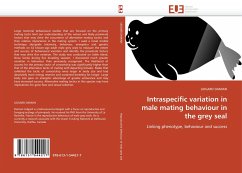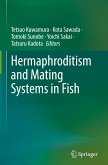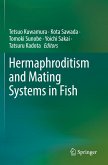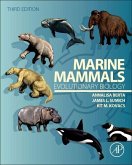Large mammal behavioural studies that are focused on the primary mating tactic limit our understanding of the nature and likely proximate factors that may drive the occurrence of alternative mating tactics and their relative importance in the mating system. I used a novel mobile technique alongside telemetry, behaviour, energetics and genetic methods on 42 known-age adult male grey seals to measure the extent and success of behavioural variation and identify the proximate factors that may drive this variation. The study was conducted on Sable Island, Nova Scotia during five breeding seasons. I discovered much greater variation in behaviour than previously recognised. The likelihood of success for the primary tactic of consortship was significantly higher than that of the alternative tactic of mating with departing females. Males that exhibited the tactic of consortship were larger in body size and had absolutely more energy reserves and sustained breeding for longer. Large body size gave an energetic advantage of greater endurance and may have increased success. Alternative mating tactics in this species may have implications for gene flow and sexual selection.








